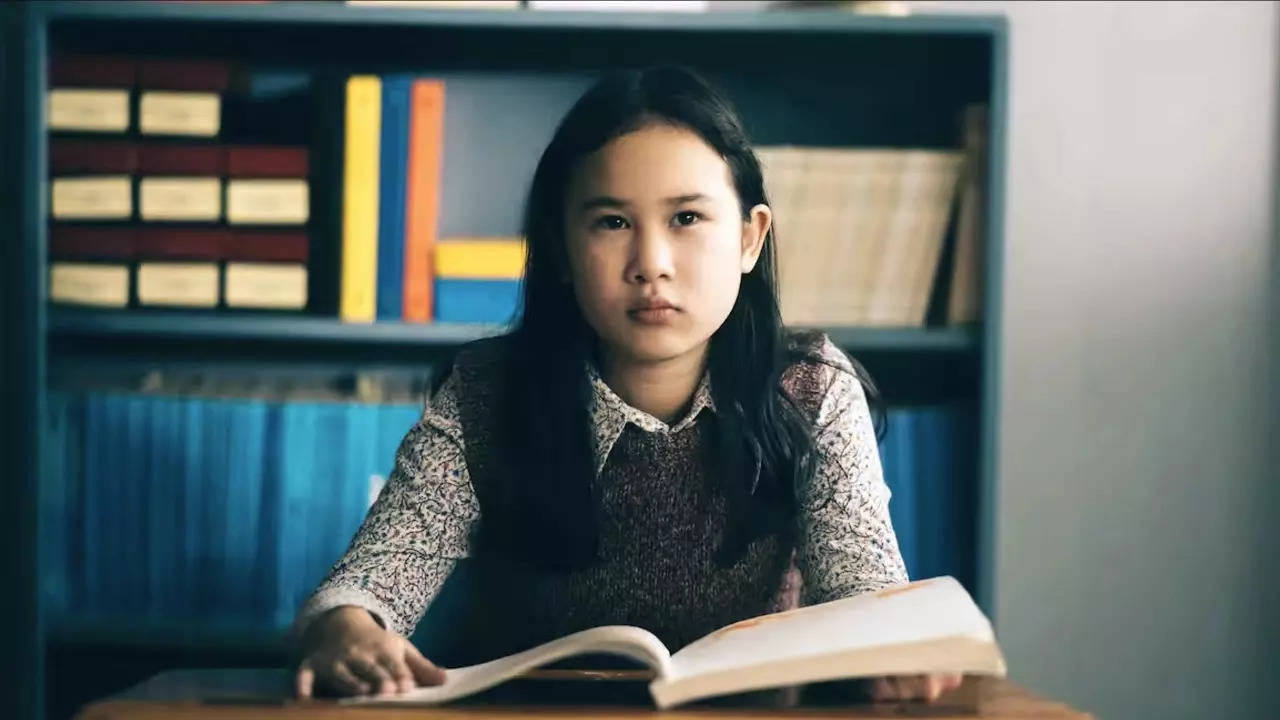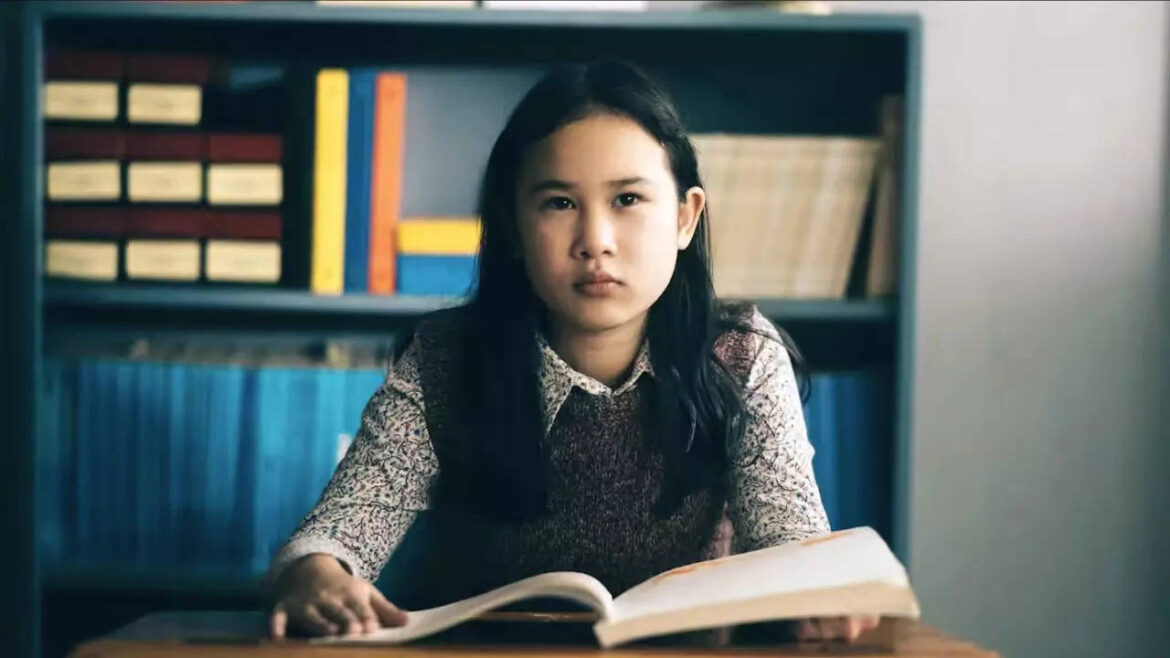
In Ru, a Canadian refugee drama directed by Charles-Olivier Michaud, nothing happens once the sweet Vietnamese family reaches Quebec. All they encounter in their adopted homeland is sweetness, with neighbours, friends and relative strangers showering the Vietnamese family with so much love food and amity, I wondered if the refugees had reached heaven by mistake.
An adaptation of Kim Thúy's novel Ru, the salient character in this this sweet migrant drama is Tinh (Chloé Djandji) a teen from Vietnam trying to come to terms with her new reality in Canada.
“Will we ever go back home?” her sister asks Tinh before sleeping.
Whatever for?
There is nothing wrong with Ru, not at all! It is a sweetly told, polite and politically correct migrant’s tale. But it is not the reality about refugees that that the Rohingyas would recognize, but more a fairytale version of the reality about homelessness.
The director is determined to sanitize reality and make it palatable to those who like their entertainment stress-free. Even the flashbacks showing the Vietnamese family travelling by sea from Vietnam to Canada seems like a dream run.
Perhaps the problem is more budgetary than emotional. To make a disastrous survival drama look convincing one needs the budget of a Schindler’s List . Here in Ru, the long arduous killing journey across the seas seems more like a cake than ache walk.
A studio set ceases to be a studio set once the audience is immersed in the storytelling. This sadly never happens in Ru. We are constantly watching a A FILM, and an over-sweetened one at that, rather than characters who reach out to us.
My favourite sequence in this mushy cleaned-out immigrants’ film is one where Tinh meets an old Vietnamese man in the restaurant where her father works as a waiter. The old man sees Tinh reading. He comes up to her and says he has written a book and hands over a scrappy piece of paper saying that’s his book.
“That is all I had when I was in (concentration) camp. I would write what came to my mind on this paper, erase it and then write again, and again on the same piece of paper.”
This one moment stays with the audience after the film. The rest becomes blur of hurriedly written sense showing the strength of survival through the power of compassion.
Throughout the film protagonist Tinh remains sullen, as if to say, “Is this all? Or there is more to it?”

